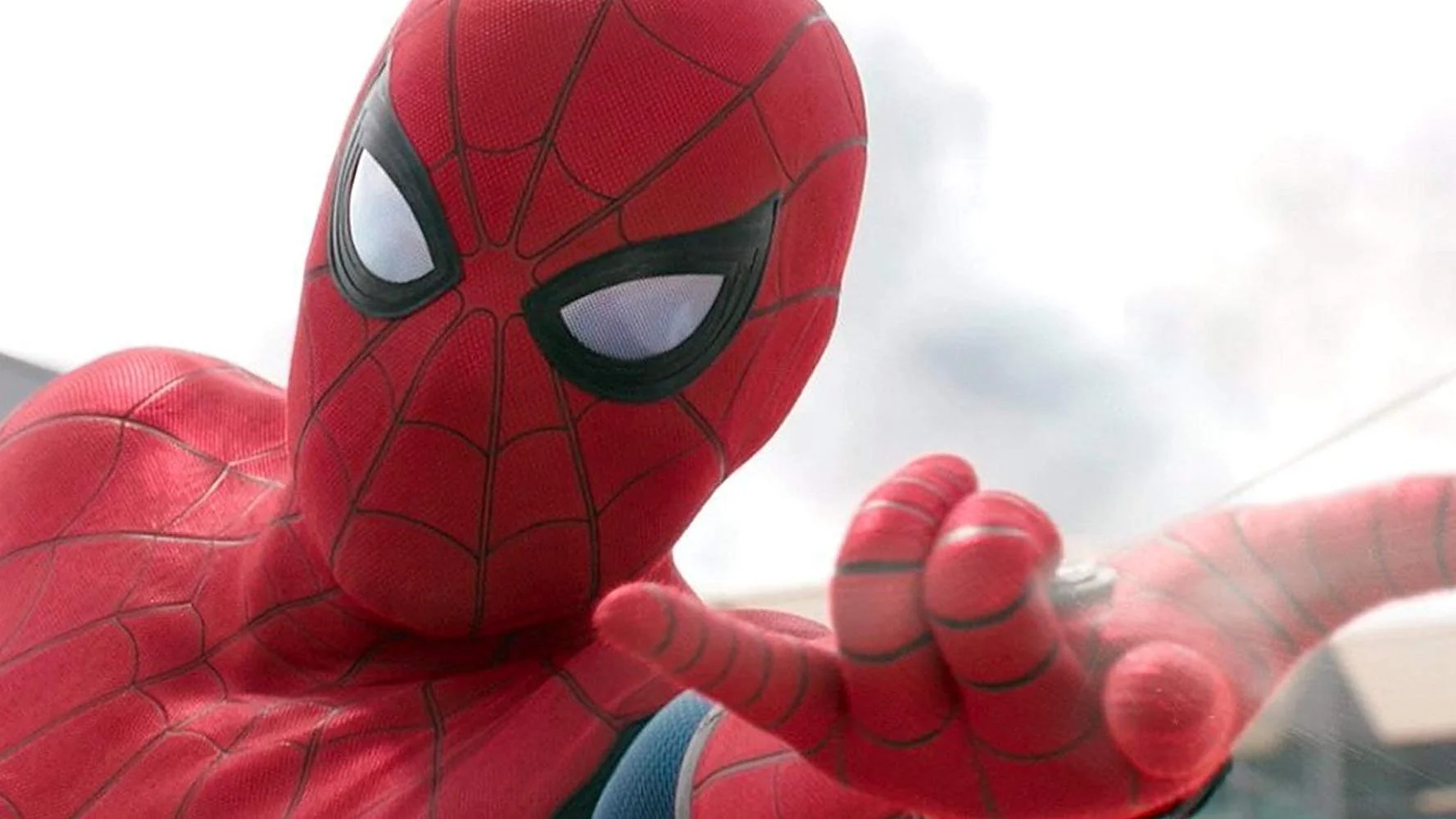Review: Spider-Man: Far From Home
Last year, I wrote a rather long article about Sony’s history with Spider-Man and their numerous attempts to make their own Cinematic Universe. Spider-Man: Homecoming and Venom were both box office successes, and each of Spider-Man’s appearances in the Avengers films solidified him as one of the MCU’s most popular heroes. Sony seems ready to take their Spider-Man Cinematic Universe to the next level - yet, with Spider-Man: Far From Home, Sony cements Peter Parker as the central hero of the Marvel Cinematic Universe instead.
Until now, I was convinced that Sony’s grand scheme was to create their own, separate but adjacent, cinematic universe. Yet Spider-Man: Far From Home could not get further away from being a standalone film. Much like Captain America’s solo sequels, Far From Home was made to carry the MCU’s story forward. Its entire plot revolves around the events of Avengers: Endgame. “The Blip”, the name given to the 5 years in which half the human population disappeared, brings up so many questions and those answers completely rest on Spider-Man’s shoulders. The ridiculousness of it all is explained best by the first 5 minutes of Far From Home, and the comedic tone of the film was a relief after the destruction of Endgame, but why would Sony’s solo Spider-Man film carry this burden? Homecoming was so great because it touched on the MCU, with a villain created by the Avengers and Stark’s mentorship, but did not become fodder for the MCU’s ongoing arc. Far From Home does the opposite of this and it’s Spider-Man’s story that falls by the wayside because of it.
Far From Home doesn’t try very hard to deal with the trauma Peter Parker should feel after the death of his mentor, and countless others. I found myself waiting for his breaking point, where the images of Iron Man that blatantly follow him around from scene to scene would cause him to deal with the fact that he was alone. It does finally happen, but this film cannot balance how light-hearted it wants to be with the pain that Peter Parker, and the film, is obviously avoiding. For most of the film, it feels like Parker is unaffected and is fully invested in trying to date MJ instead.
This Spider-Man is unlike any of his iterations before and it’s Tony Stark’s fault. While Iron Man’s death could have become the Uncle Ben arc that some fans claim Holland’s Peter Parker is missing, this film hardly touches on his feelings after the loss of his hero and father figure. Instead, Parker’s relationship with Tony Stark only made his life harder. Everyone around him asks if he will be Stark’s replacement and Stark left Parker access to some of his most valuable technology.
The amount of conveniently available and absurd tech that Peter Parker is handed in this film is over-the-top, even for a superhero film. Spider-Man is no longer a friendly neighborhood crime-watch hero, a lifestyle he was able to balance as a 16-year-old. Unlike in Homecoming, Parker now embraces these upgrades, even when they prove to be too dangerous. Apparently he didn’t learn his lesson from the Instant Kill setting in the first film. This flip-flopping on Parker’s core ideal that he doesn’t need the advanced technology to be a hero, and that maybe all of that isn’t his brand to begin with, is definitely a sore spot for this sequel.
Despite some lack of character development, Far From Home excels in experimental fight scenes, some of the most original since Doctor Strange. It’s hard to go into too much detail without getting into spoiler territory, but just know that these fights are relentless and stunning. They leave you disoriented, in the best way. The final battle shows off Spider-Man’s true strength and I can’t wait to watch that scene again.
And then there is Jake Gyllenhaal, playing Mysterio, a superhero that appears after the events of Endgame to fight the Elementals, a group of ancient beings that want to destroy Earth. All I can say is Gyllenhaal plays a great Mysterio. His costume is gorgeously detailed, his powers look cool, and though he’s playing the film version, Mysterio’s character is true to his comic book origins. This interpretation worked well on screen and there are many fun nods to his original backstory. Gyllenhaal and Holland’s scenes give us some of the only emotional beats of the first half of the film.
A few more honorable mentions: Zendaya’s role is absolutely amped up in Spider-Man: Far From Home and her comedic timing is spot on, as usual. She stays true to the character and her quips are some of the best in the film. Samuel L. Jackson’s one-liners kill and his performance is probably my second favorite appearance of his Marvel films after Captain Marvel. Peter’s classmates are all great as well, especially Brad, played by Remy Hii, who is Parker’s competition for MJ’s attention.
As a fan, I am having a hard time putting together the puzzle pieces left behind after the events of Endgame. The implications of having half a population disappear for 5 years and then reappear begs so many questions. It’s almost unfair that Spider-Man: Far From Home is saddled with covering so much exposition just to get the audience back on track. And yet, I still can’t quite tell what Marvel and Sony’s next step will be in this intricate Cinematic Universe they’re weaving. Spider-Man: Far From Home is a solid installment in the MCU, but lets Spider-Man down. This, along with a big reveal during the mid-credits scene, may leave some fans of the character with a bad taste in their mouth. Everything now rests on Disney and Marvel’s D23 announcements to help us make sense of it all.















